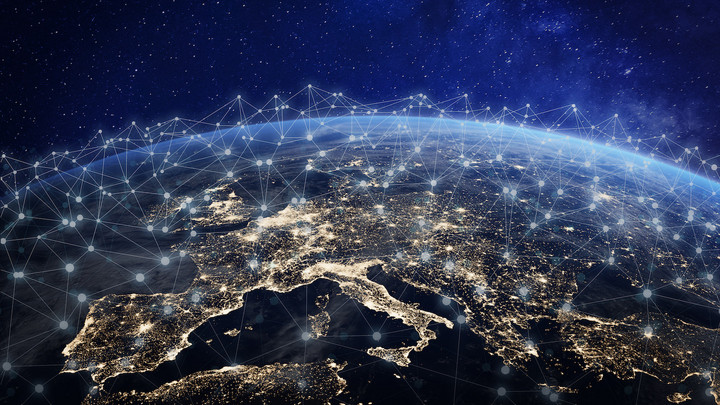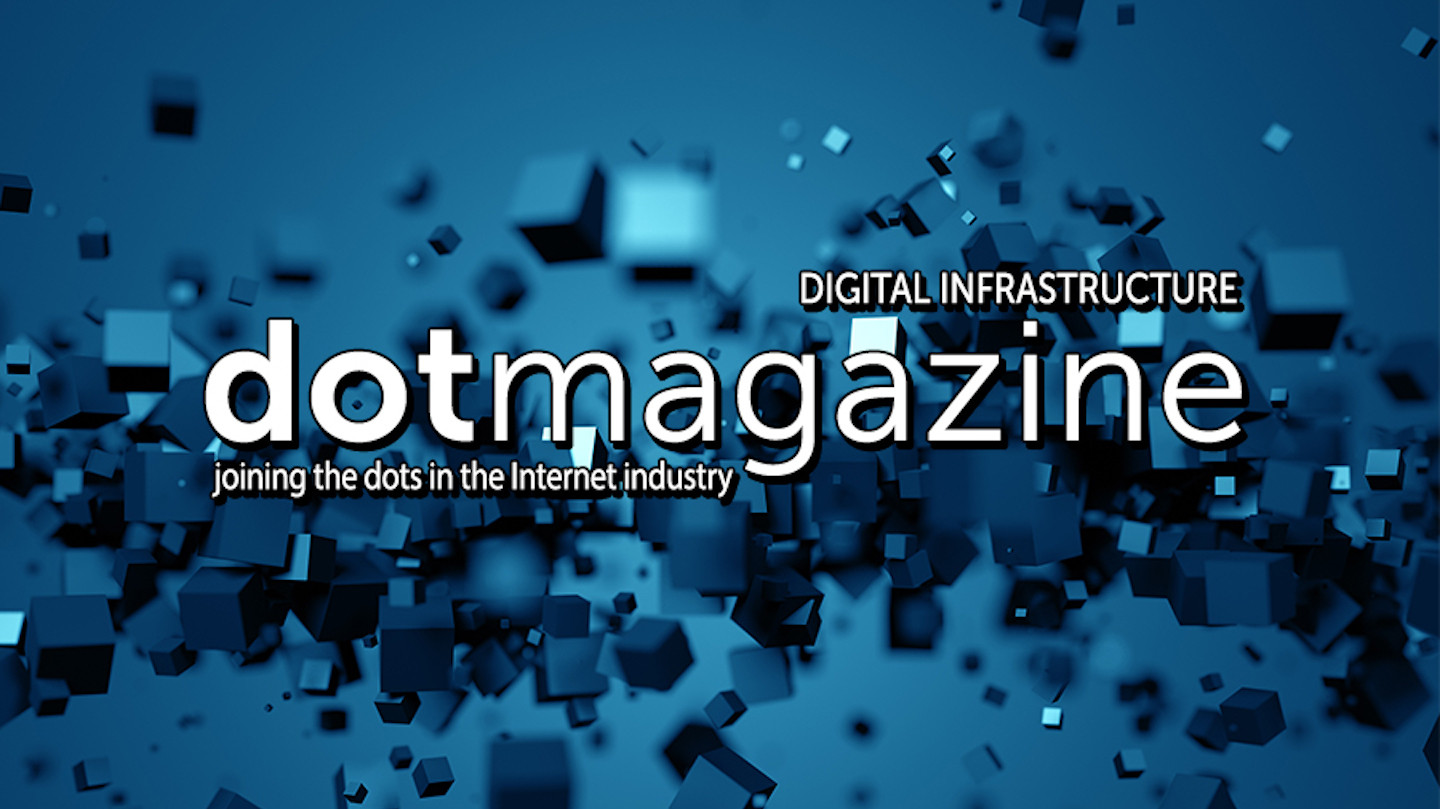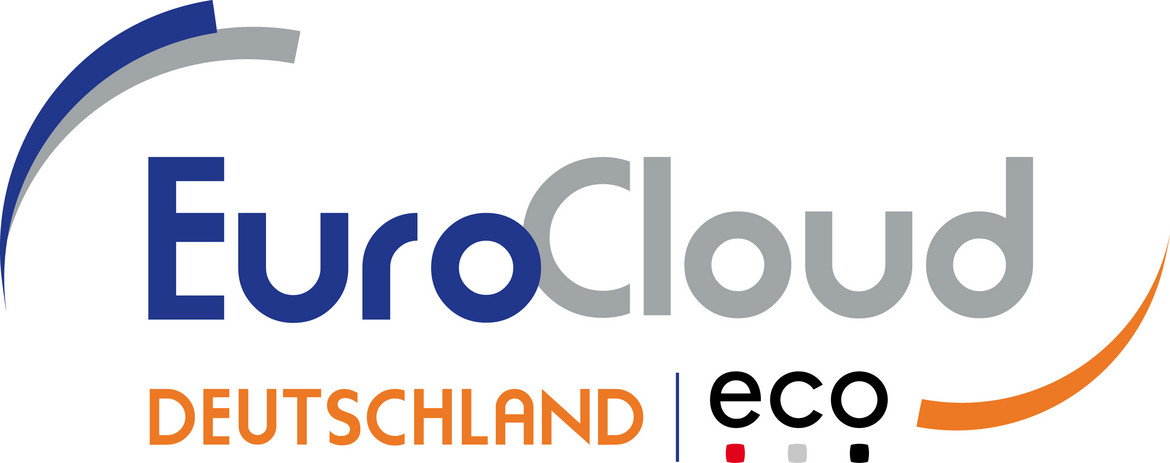GAIA-X: Growing a Vibrant European Ecosystem
Andreas Weiss, Director of EuroCloud Deutschland e.V. and Head of the Digital Business Models division at eco, introduces the new European data infrastructure project that aims to grow a sovereign and self-determined digital ecosystem in Europe.

© NicoElNino | istockphoto.com
In terms of digital infrastructure and the provision of digital services, Europe has a tendency to lag behind other regions of the globe, such as the USA and Asia. A consequence of this is the need for European industry to access non-European services. However, a large number of industry players in Europe have become concerned about using non-European data services.
As digital services become increasingly system-relevant, a key issue for European industry is to retain data self-determination. Data security and sovereignty are crucial factors, in order for European companies to innovate and develop a competitive advantage in a tough global market.
The concerns of European industry are related to the data that is being collected – e.g. data from sensor systems, the Internet of Things (IoT) etc. – and the worry that they are unable to retain full control over their own data assets. Certainly, companies also harbor the fear of undesired disclosure of their own intellectual property used to produce or offer high-end data-based products.
Industry players in Europe want to avoid ending up in arrangements which make it difficult for them to process the data they produce themselves and to extract value from it. Looking further along the path, such arrangements could also impact on data that is needed to train artificial intelligence in designing models for predictive maintenance, predictive analytics, and so on.
Building a sovereign digital ecosystem
To counteract these concerns, Europe has now taken the first steps to establishing a sovereign digital ecosystem for European industry and users. GAIA-X is an ambitious and timely project which will create an efficient, secure, distributed, and sovereign European data infrastructure in dialogue between state, industry, and research. In October 2019, Germany and France announced that the project will start in 2020. With concerns about Europe losing data sovereignty and self-determination in the areas of digital development, digital services, and so on, the European Commission and several EU member states see the need to support European industry by creating a federated data infrastructure as the cradle of a vibrant European ecosystem.
Consultations and negotiations for GAIA-X were initiated around a year ago with the idea to establish a kind of virtual hyperscaler for cloud services. Major companies such as Bosch, SAP, Festo, and others have been involved in the project’s conception. However, it is not a project which is dedicated solely to the European providers of European data centers. With a very strong focus on fair data sharing and easy access to cloud and edge services according to EU legislation, the intention is not to create systems parallel to the services already offered by incumbent international cloud service providers, but to build something new.
The aim of GAIA-X is therefore to provide services with “European DNA,” guided by seven key principles:
- European data protection
- Openness and transparency
- Authenticity and trust
- Digital sovereignty and self-determination
- Free market access and European value creation
- Modularity and interoperability
- User-friendliness
GAIA-X is designed to comply with the General Data Protection Regulation (GDPR) principles. It supports decentralized processing (Edge, Fog, Cloud) and has clear and user-friendly data management rules. By providing a choice of services and full support for multi-cloud strategies, it reduces the risk of vendor lock-in. By adopting multi-stakeholder-governance for trustworthy and certified services, both providers and users can rely on the promised standards being upheld.
Why is a new system needed?
Cloud today is central to digital ecosystems, as are data centers. There is currently no viable European alternative to the American and Asian-based hyperscalers. However, GAIA-X is not about trying to build the next global cloud provider, but rather about enabling the participation of the many specialized providers across Europe and including them in a distributed and interconnected data infrastructure. At the same time, there needs to be a focus on topics like internal data mobility, identity management, on who is capable of providing which services, on how to support innovation, as well as, of course, on compliance with European law.
Oliver Süme, Chair of the Board at eco – Association of the Internet Industry, recently said that, “Europe needs an intelligent mix of digital infrastructure providers and a strengthening of the business location for providers of such services. We therefore believe that user companies – whether SMEs, global players, or even the public administration itself – need support in the form of the availability of trustworthy infrastructures – from edge computing to cloud computing to hyperscalers – in order to be able to make confident economic decisions in this age of digital transformation.”
eco and EuroCloud have been part of the specification team and bring profound competence and knowledge in the fields of security and digital infrastructures. Internet exchanges like DE-CIX are central to this initiative. DE-CIX is a key player for global interconnectivity and a success model for and a pioneer in decentralized Internet exchange services.
Both eco and DE-CIX are heavily involved in the Alliance for the Strengthening of Digital Infrastructures in Germany and welcome the GAIA-X initiative as a concrete move towards strengthening European digital infrastructures. EuroCloud represents European cloud service providers and is, of course, clearly affected by and strongly supports this step towards a more data sovereign infrastructure in Europe.
The final goal, after all, is that we have a viable ecosystem of interconnected digital services that work seamlessly together and which are capable of offering industry and other sectors of the European economy a real and competitive alternative to the currently dominant providers. Which is not to say that major global providers should be excluded. Of course they can offer their portfolio of services as part of a GAIA-X node, in accordance with GAIA-X standards and values.
At the end of the day, the ecosystem is a managed environment of thousands of nodes across Europe and worldwide. GAIA-X can also have nodes in Brazil or China, or wherever it is needed, if it is relevant for customers. Customers, then, can make that choice. They can mandate that the data must remain in Europe or in Spain or within a specific region. They can mandate that the node is open source or supports Kubernetes or a specialist type of processing or service provision. It is this level of choice and self-determination that makes GAIA-X unique.
We at the eco Association and EuroCloud encourage all of our members to provide their expertise in the design of the GAIA-X ecosystem. Data centers and cloud service providers should familiarize themselves with the project and with how they can contribute to the GAIA-X project. There is a tight roadmap to show initial results at the Hannover Fair in April 2020. Summarized proofs of concept are to be ready for the 2020 Digital Summit in Jena, Germany in October.
Andreas Weiss is Head of Digital Business Models at eco - Association of the Internet Industry. He started with eco in 1998 with the Competence Group E-Commerce and Logistics, moving afterwards to E-Business. Since 2010, he has been leading the eco Cloud Initiative as Director of EuroCloud Deutschland_eco and is engaged in several projects and initiatives for the use of artificial intelligence, data privacy, GDPR conformity, and overall security and compliance of digital services.






